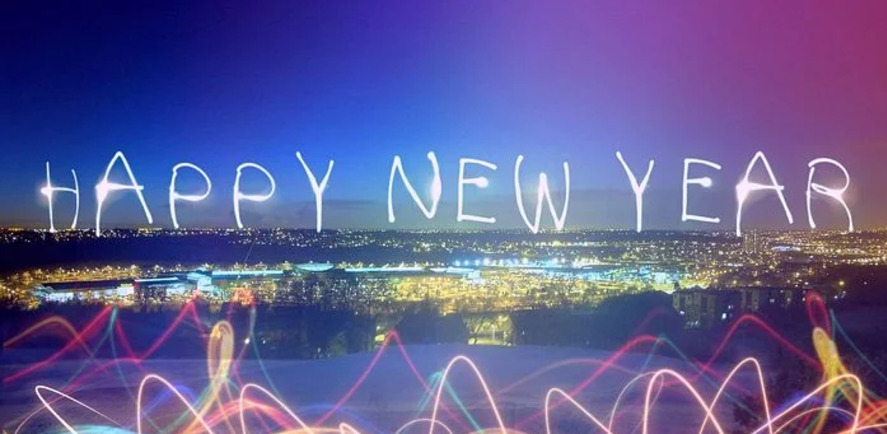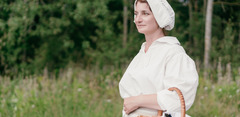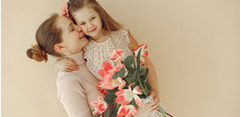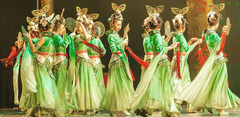Punctuation matters. When it comes to “New Year’s” and “New Year,” knowing where to place the apostrophe – if anywhere, even – can give you a bigger headache than a glass of champagne at a New Year’s Eve celebration. You don’t want to be making such silly mistakes in your toast, now do you?
Even without need to write those words or text them to friends and family, knowing when and how to use these often-confusing phrases is important. In fact, punctuation is important. In this article, we’ll show you when to use the apostrophe to start your 2021 punctuation-perfect.
Is It Happy New Year or Happy New Year’s?
Using “Happy New Year” is grammatically correct; not “Happy New Years.” In writing and speaking this, there are two years involved: an old year and a new year. Simply put, there is only one new year. Using “Happy New Years” denotes a plural, but there can be only one year at a time.
When is it “New Year’s Eve?”
Knowing when to use “New Year’s Eve” is straightforward once you’ve broken it down. As we have mentioned, when discussing a new year, there are only two years: a new year and an old year. Using the apostrophe shows an “of” relationship. In looking at New Year’s Eve, it can be broken down as: “Eve of the New Year.” This also applies to New Year’s Day: it is “Day of the New Year.”
Without getting too technical with grammar, the apostrophe follows the last letter of the original word. Some grammarians claim that apostrophes should only be used with terms of ownership. So, to give examples, this would be the only applicable case for the apostrophe use:
Joe’s ball = ball of Joe
car’s wheels = wheels of a car
However, you’ve just learned with us that the use of an apostrophe in “New Year’s Eve” is subject to “of.” Here are examples:
spider’s web = web of the spider
game’s rules = rules of the game
When is it “New Year?”
Sometimes using “New Year” is correct. When you talk or write about the year as a whole, you use “New Year.” If you’re referring to a specific year in terms of possession, they would force you to use the apostrophe as you’d be talking about the relationship of that year. Here’s an example:
“The new year always brings fresh optimism.”
You’d have noticed that we didn’t use capital letters when talking about the “new year” in the above example. That’s because we were referring to the new year as a time. You only need to use “New Year” (with capital letters) when you’re directly referring to the actual day. Here’s an example to illustrate this:
“I’ve got tickets to the New Year party.”
When is it “New Years?”
Now that we’ve discussed “Happy New Year,” “New Year’s Eve,” and “New Year,” we are better informed on when to use “New Years.” Using “New Years” is grammatically incorrect. You can only use it as “new years” – with no capitalization and only in talking about over one year; “years” is plural. Here’s an example:
“As new years rolled by, the forest grew in size.”
The above example refers to multiple new years. If you had to change it with the use of the apostrophe, it would alter the meaning of the sentence:
“As New Year’s rolled by, the forest grew in size.”
For that sentence, it refers directly to the actual New Year’s holiday and time period of December 31 and January 1, and not of every new year that rolls by.
Closing:
As tricky as any tongue-twister, getting the right “New Year’s” or “new years” out is important to the very meaning of your sentence and thought. It might seem like a slight error or a detail too small to bother with, but it makes all the difference when you’re planning to hold the hand of your loved one on “New Year’s” or for many “new years” to come. Also, knowing when to use the plural case or the possessive case is important and our article will help to clear up that confusion to make your “New Year’s” more enjoyable.
Call-To-Action:
In this article, you will find out more about when it is “Happy New Year” or “Happy New Year’s”, and work out whether you need to use the apostrophe for “New Years” or “New Year’s.”






